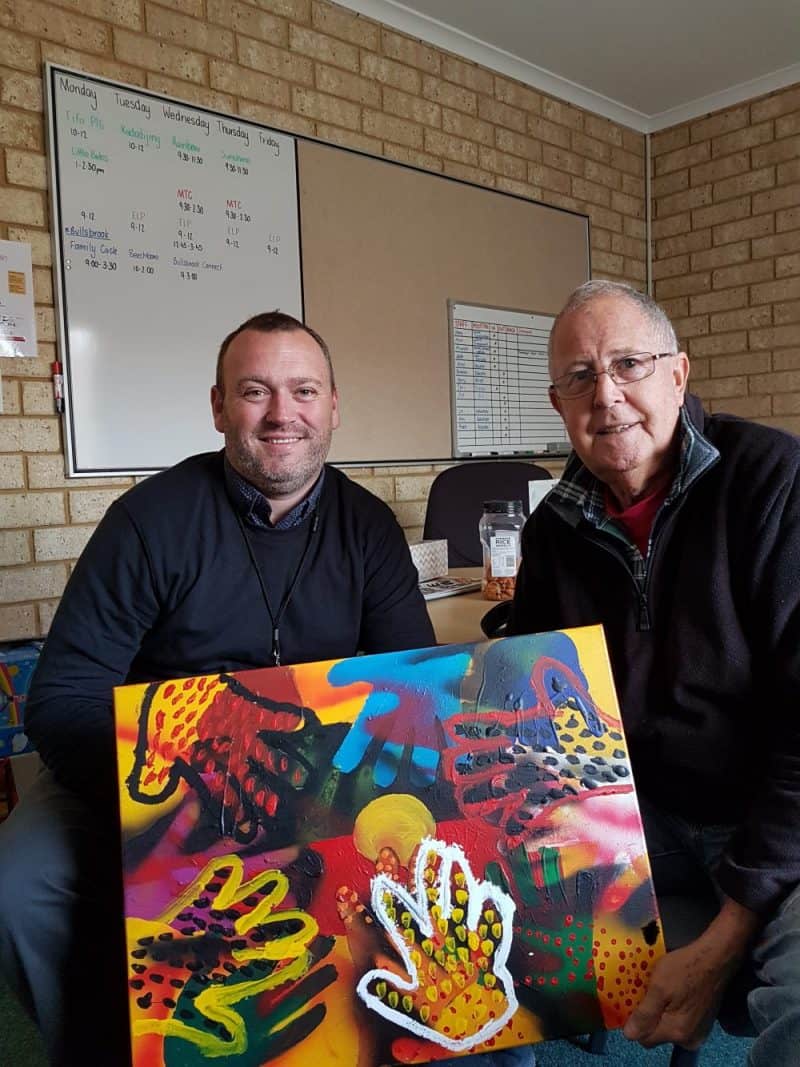Reconciliation Action Plan (RAP)
During 2017, Meerilinga Young Children’s Foundation embarked on an organisation wide Reconciliation Action Plan (RAP). This RAP documents the vision of the organisation and lists the contributions that Meerilinga commits to, in furthering reconciliation in Australia.

Vision for Reconciliation
To be Western Australia’s leading service for children and families, that promotes the rights of First Peoples, by acknowledging, supporting and empowering all communities to build mutual respect, trust and meaningful connections.
Meerilinga’s position supports the principal of a national process of ‘agreement-making’ and ‘truth-telling’ between governments and Aboriginal and Torres Strait Islander peoples consistent with the Urulu Statement. This principle is core to Meerilinga’s work in ensuring that Aboriginal and Torres Strait Islanders have their views heard in relation to the services, employment and policies of Meerilinga that impacts or affects their lives.
Acknowledgment of Country
Meerilinga acknowledges the Traditional Custodians of Ballardung, Wadjuk, Noongar Country, where Meerilinga’s main offices are located, and recognises their continuing connection to land, water and community. We pay respect to their cultures and to Elders past, present and future in the spirit of reconciliation.
Message from the CEO – Lesley Moreschi
Meerilinga respectfully acknowledges Aboriginal and Torres Strait Islander peoples as Traditional Custodians of the Land in which we live and share. We respect the local perspectives, stories and knowledges shared with us as Custodians and in allowing us to enrich our lives through mutual knowledge and understanding.
Reconciliation is about unity and respect between Aboriginal and Torres Strait Islander peoples and non-Indigenous Australians. It is about respect for Aboriginal and Torres Strait Islander heritage and valuing justice and equity for all Australians.
Meerilinga acknowledges the diversity and unique position of Aboriginal and Torres Strait Islander peoples as the Traditional Owners and Custodians of mainland Australia and the islands of the Torres Strait. In accordance with local Aboriginal and Torres Strait Islander laws and customs, connection to Country sustains contemporary Aboriginal and Torres Strait Islander cultures, languages, arts, and spiritualities, despite the historical and ongoing impact of the political, social and economic process of colonisation on the lives and futures of Aboriginal and Torres Strait Islander peoples.
Reconciliation, in practice, is a shared responsibility requiring commitment to a whole-of-organisation approach and active engagement with the Aboriginal and Torres Strait Islander community, the need to raise awareness, and to challenge and educate our staff and community regarding the histories, cultures and contributions of Aboriginal and Torres Strait Islander peoples.
